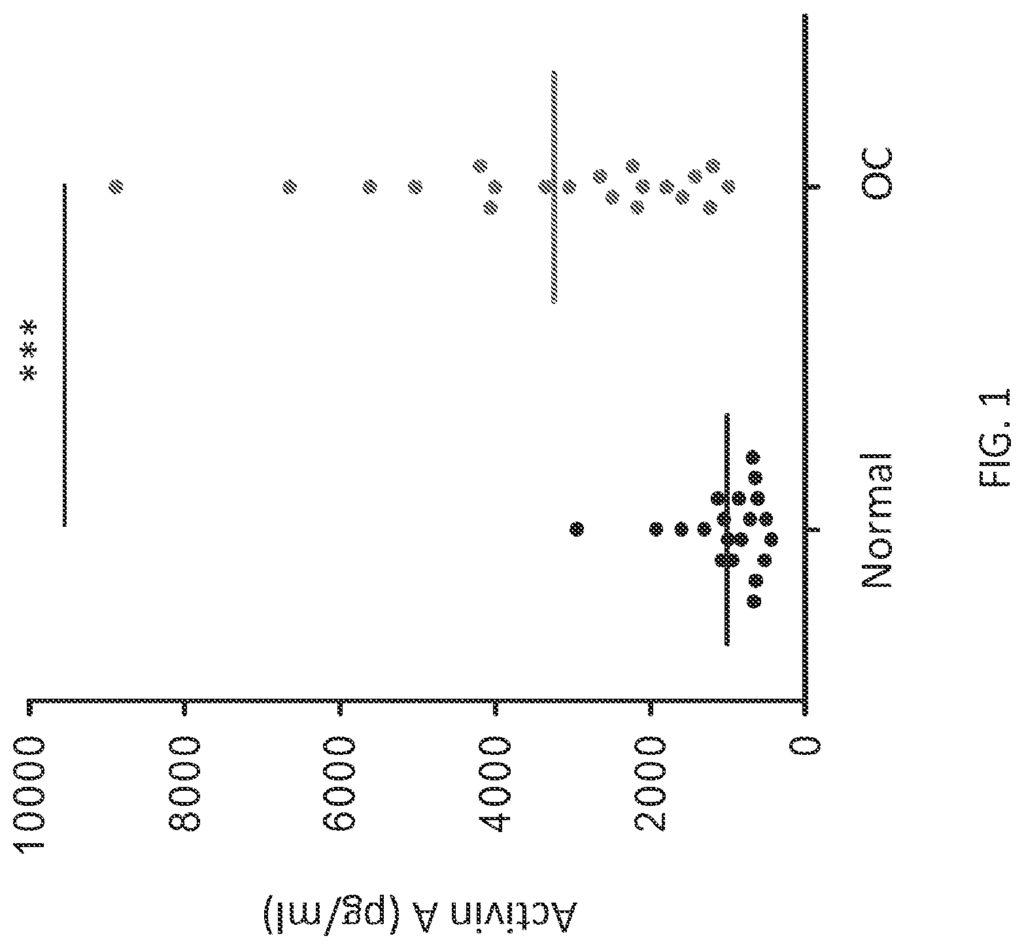Powerful Anti-Activin-A Therapy for Recovery
Introduction
This anti-Activin-A therapy technology provides an innovative approach to support healing, repair tissue, and manage chronic conditions through targeted immune modulation. By inhibiting Activin-A, this therapy reduces inflammation and supports growth pathways critical for tissue regeneration, making it a game-changer for patients with regenerative needs, chronic inflammation, or autoimmune disorders. For companies in biotechnology, pharmaceuticals, and regenerative medicine, this technology represents a valuable opportunity to lead in therapeutic solutions that provide effective, patient-centered care and improve quality of life.
The Challenge: Managing Inflammation and Tissue Repair
Chronic inflammation, impaired tissue repair, and immune system overactivity are common issues in a wide range of conditions, from autoimmune diseases to degenerative disorders. Traditional treatments often focus on symptomatic relief but lack the targeted action necessary to promote long-term recovery and cellular health. This results in limited options for patients who need sustainable, restorative care. As demand grows for therapies that address the underlying biological mechanisms of healing, there is an increasing need for advanced solutions that can support effective, targeted recovery.
Anti-Activin-A Therapy for Targeted Healing
This anti-Activin-A therapy works by blocking Activin-A, a protein that modulates immune response and inflammation. By inhibiting this protein, the therapy reduces inflammation and supports critical growth pathways for tissue repair. Patients receiving this therapy experience improved recovery, reduced inflammation, and better outcomes in managing chronic conditions, making it an essential option for those facing long-term health challenges. The compound’s precise mechanism allows for broader applications, from treating inflammatory conditions to aiding recovery in regenerative medicine, while also improving patients’ resilience to stressors that impact cellular health.
Key Benefits for Pharmaceuticals and Regenerative Medicine
For pharmaceutical companies, this technology offers an opportunity to develop a line of products that support healing and regeneration for patients with a variety of health conditions. Regenerative medicine practitioners can leverage this therapy to assist patients in recovering from injuries or managing autoimmune conditions with a targeted approach that promotes overall tissue health. This anti-Activin-A therapy’s ability to regulate immune responses and enhance tissue growth sets it apart from conventional anti-inflammatory treatments, creating new possibilities for patient-centered care.
Invest in Effective Healing Solutions
Licensing this anti-Activin-A therapy for recovery positions your company as a leader in innovative therapeutic solutions. By offering a targeted, effective therapy for inflammation reduction and tissue repair, your business can meet the rising demand for advanced, regenerative care. This technology is a strategic investment for companies focused on enhancing patient outcomes, supporting long-term health, and leading advancements in biotechnology and regenerative medicine.

- Abstract
- Claims
The invention claimed is:
Share
Title
Administration of an anti-activin-A compound to a subject
Inventor(s)
Huiquan Han, Christopher Michael Haqq, Isaac Ciechanover, Xiaolan Zhou, John Zhao-Nian Lu
Assignee(s)
Amgen Inc, Atara Biotherapeutics Inc
Patent #
11541070
Patent Date
January 3, 2023
